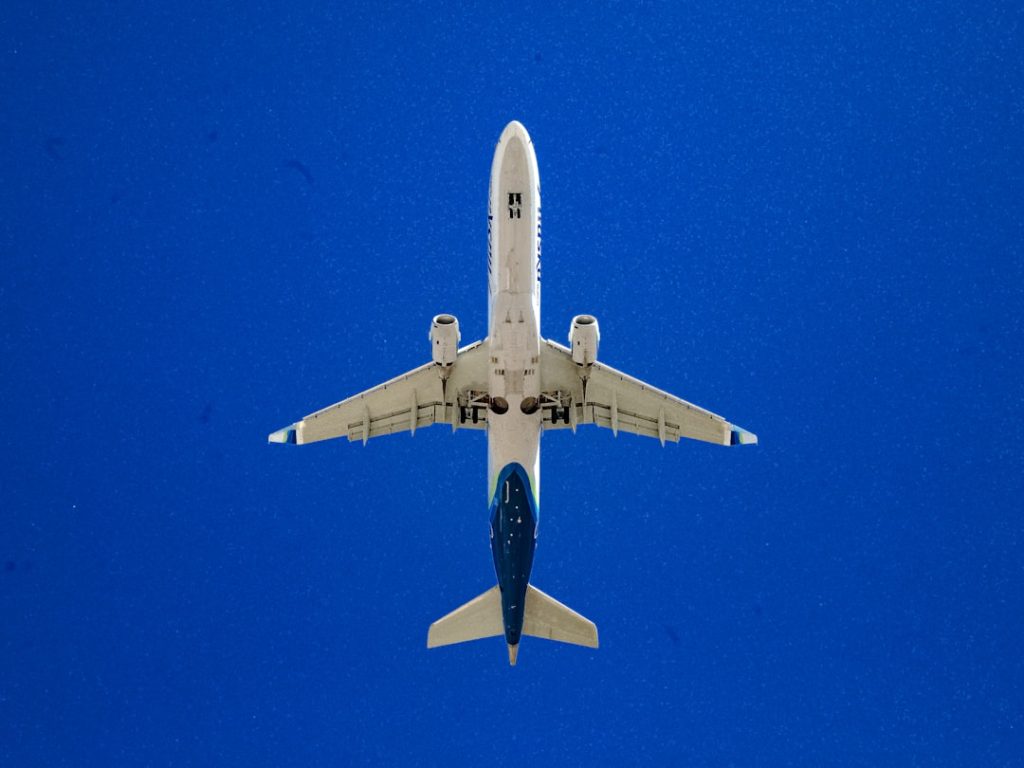Have you ever searched for a flight, come back a few hours later, and noticed the price has gone up—despite it being the same route, date, and time? You’re not alone. This phenomenon has led many travelers to believe that airlines and booking websites are tracking your searches and adjusting prices accordingly. In response, some savvy internet users have turned to Virtual Private Networks (VPNs) to try and outmaneuver these price hikes and score cheaper airfare. But does using a VPN actually help you book flights at a lower cost? Let’s dive into the mechanics behind this idea and find out.
What Is a VPN and How Does It Work?
A VPN, or Virtual Private Network, is a technology that creates a secure connection between your computer and the internet. It masks your real IP address and routes your internet traffic through a server located in another region or country. This effectively makes it look as though you’re browsing from that location instead of your actual one.
For travelers looking to fly on the cheap, this means you can make it appear as if you’re searching for flights from another country, possibly accessing different pricing policies used by airlines and booking portals.
Why Flight Prices Vary by Location
Airlines and online travel agencies often use a strategy called dynamic pricing. This approach adjusts prices based on a wide variety of factors, including:
- Your geographic location
- Your browsing and search history
- The time and frequency of your searches
- Demand and availability
- User behavior and cookies
In simple terms, flight prices are not static. They evolve constantly, and the factors determining these can be surprisingly granular. For example, a person searching from New York City might see higher prices for international flights than someone conducting the same search from, say, New Delhi.
How VPNs Might Help You Get Cheaper Flights
Since a VPN masks your real IP address, it can essentially “fool” a travel booking site into thinking you’re in a different region. This plays into the hands of the dynamic pricing algorithms, potentially surfacing lower prices which are typically offered to users from countries with weaker currencies or lower average incomes.
Here are a few potential benefits of using a VPN when booking flights:
- Access Region-Specific Discounts: Some countries receive deals that others don’t. Airlines may offer lower ticket prices to customers in specific regions to boost sales.
- Avoid Geo-Based Price Increases: Prices can be inflated for users searching from wealthier nations, such as the U.S., the UK, or Switzerland.
- Prevent Tracking and Price Hikes: When combined with clearing your cookies or browsing in incognito mode, a VPN may help shield your search behavior, preventing websites from artificially raising prices based on repeated interest.
Real-World Testing: What Do the Results Show?
So, can you actually save money using a VPN in real life? The answer is: sometimes. Various experiments conducted by travel bloggers and tech-savvy explorers have shown mixed results. In many cases, VPN users reported savings of up to several hundred dollars. In other cases, prices remained the same or even increased depending on the virtual location selected.
In one example, a flight from New York to Tokyo showed up as $1,200 when searched from the U.S. Without changing any flight details, the same search using a VPN server in India showed the fare at $950. That’s a savings of $250 just for appearing to be in a different region.
While this isn’t a guaranteed result, it’s certainly an avenue worth exploring if you’re looking to reduce travel expenses.
Tips for Using a VPN to Book Cheaper Flights
If you’re ready to try this trick yourself, here are some tips for optimizing your search:
- Use Incognito Mode: Always browse in incognito or private-mode windows. This prevents cookies from influencing your search.
- Clear Your Cookies: If not using incognito mode, manually clear your cookies before each new search.
- Try Multiple Locations: Run the same flight search using VPN servers from different countries. Focus on countries with weaker currencies or lower perceived income levels.
- Check Currency Conversions: If you find a better deal, keep an eye on currency conversion fees and hidden costs when booking from another region.
- Book Directly with Airlines: Even if you find a great rate on a third-party site, confirm the deal on the airline’s official website.
Risks and Caveats to Consider
While using a VPN to look for cheaper flights isn’t illegal, it does come with some potential pitfalls that travelers should be aware of:
- Currency Confusion: Booking in a different currency might incur foreign transaction fees if your bank charges for international purchases.
- Language Barriers: If the booking is made through a foreign-based site, the language may not default to English, and navigating terms and conditions can become tricky.
- Payment Rejections: Some airlines or booking platforms may reject credit cards from countries other than where the booking is being made.
- Violation of Terms: While rare, booking from a different locale might violate the airline’s terms and conditions and could potentially complicate refunds or changes.
These caveats aren’t deal-breakers but warrant careful consideration. A bit of research and extra caution can go a long way toward ensuring a smooth experience.
Are There Other Ways to Save on Flights?
Using a VPN is just one tactic. There are several other strategies experienced travelers employ to find good deals:
- Set fare alerts on websites like Skyscanner or Google Flights.
- Book flights on a Tuesday or Wednesday, which are often the cheapest days.
- Check alternative airports near your origin or destination.
- Be flexible with your travel dates to find lower fares.
- Use airline miles or travel credit card rewards to reduce out-of-pocket costs.
Combining these strategies with the intelligent use of a VPN may amplify your chances of finding unbeatable deals on airfare.
Final Verdict: Is Using a VPN Worth It?
Yes, but with qualifiers. Using a VPN to browse for flights from different countries can sometimes alert you to better deals and help you avoid price hikes caused by user tracking. However, it’s not a guaranteed way to save money. Success depends on the route, airline, booking site, and even the timing of your search.
That said, a VPN offers more than just potential savings on airfare. It enhances privacy, secures internet traffic, and helps bypass geo-restrictions. So even if you don’t strike gold every time with a cheaper flight, you’re still getting value from the tool.
For frequent flyers and budget-conscious travelers, integrating a VPN into your flight search routine is a smart, low-risk experiment with potentially high rewards. After all, every dollar saved on a flight can be spent elsewhere on your journey—perhaps a better hotel, more local cuisine, or your next adventure.
Try it out. Switch locations. Compare results. You might be surprised by what a few clicks can unlock.

